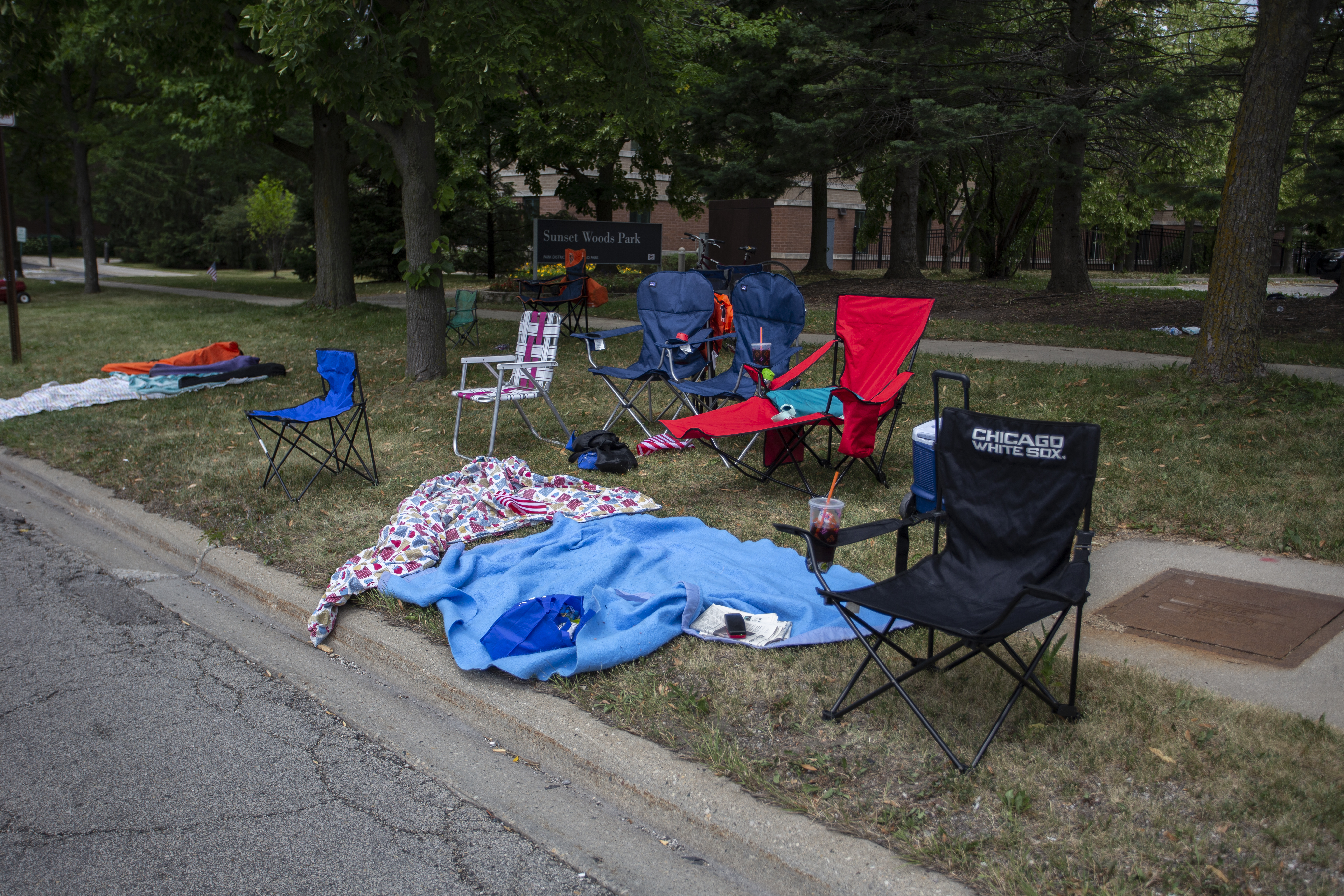As the nation experiences a summer surge in COVID-19 cases, questions might arise if you, a family member or friend becomes ill.
While you might have gotten COVID in the past, public health recommendations were updated earlier this year, so the guidance might be different from last time. Here's what you need to know if you or someone close to you tests positive for COVID:
Previously, the Centers for Disease Control and Prevention recommended those who came down with the illness isolate for five days. However, that changed in March.
Under revised guidelines, people can return to work or regular activities if their symptoms are mild and improving and it's been a day since they've had a fever. The CDC still recommends those with symptoms stay home.
"The recommendations suggest returning to normal activities when, for at least 24 hours, symptoms are improving overall, and if a fever was present, it has been gone without use of a fever-reducing medication," the guidance states.
In announcing the revision, the agency explained the guidelines fall in line with those for influenza, RSV and other respiratory illnesses. The CDC added that the updated recommendations coincide with a significant drop in hospitalizations and deaths due to COVID-19, adding that health care workers have "more tools than ever" to combat COVID-19 and other respiratory viruses.
Once activities are resumed, the CDC still recommends "additional prevention strategies" for an additional five days, including wearing a mask and keeping distance from others. Such measures are particularly important for individuals over the age of 65 and those with weakened immune systems, according to the agency.
Local
Though the five-day isolation guideline was dropped for community settings, such guidelines remain in place for healthcare settings.
The agency is emphasizing that people should still try to prevent infections in the first place, by getting vaccinated, washing their hands, and taking steps to bring in more outdoor fresh air.
Feeling out of the loop? We'll catch you up on the Chicago news you need to know. Sign up for the weekly Chicago Catch-Up newsletter.
As part of the guidance, the CDC suggests:
- Staying up to date with vaccination to protect people against serious illness, hospitalization, and death. This includes flu, COVID-19, and RSV if eligible.
- Practicing good hygiene by covering coughs and sneezes, washing or sanitizing hands often, and cleaning frequently touched surfaces.
- Taking steps for cleaner air, such as bringing in more fresh outside air, purifying indoor air, or gathering outdoors.
The change comes at a time when COVID-19 is no longer the public health menace it once was. It dropped from being the nation's third leading cause of death early in the pandemic to 10th last year.



